Ali Düşenkalkar
Birth : 1961-01-01, Lefkosia, Cyprus

The story of the war, which is the beginning of the history of Turks in Anatolia.

Lütfü

İbrahim
The sudden discovery of his son's secret turns Ibrahim's traditional world upside down. Fraught with emotional conflict he takes Ismail on a fateful trip. Inspired by the biblical story of Prophet Abraham, father of all patriarchs, and his son Ismail set in present-day Cyprus, unraveling the conservative facade of the society.
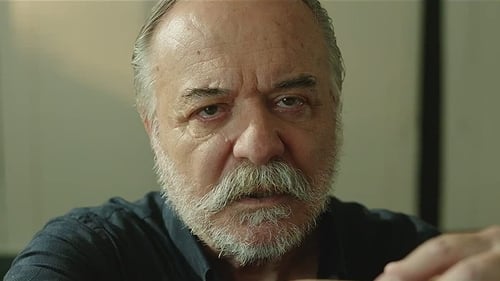
Bacanak
After his wife's sudden death, a man takes care of his son living with a disability with help from a new employee at his struggling factory.

Başrahip August

Başkomiser Kemal

Baba
Erdem goes to high school. The principle warnes him to cut his hair for him to obey the school rules. When his parents also pressure him for the same reasons he falls into hesitation because the girl he likes, likes his hair.

Papaz Hristo

Takkeli
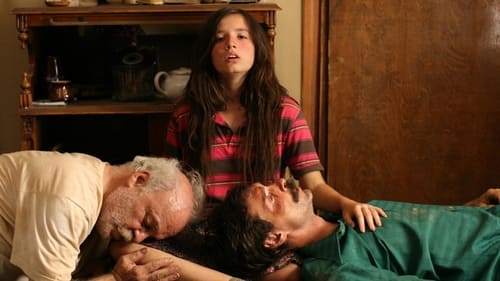
Hayat, her father and bedridden grandfather live in a riverside shack near the dangerously dark but breathtakingly beautiful waters of the Bosphorus. Hayat's father owns a small boat that secures the family's survival through a miscellany of not always lawful ventures. Beyond the motion and romance of the water, Hayat's life is harsh and unrelenting. But Hayat has an instinct for survival. Her capacity for courage, endurance and hope in the face of these trials suggest that there is Life despite the manifold injustices of an unjust world.
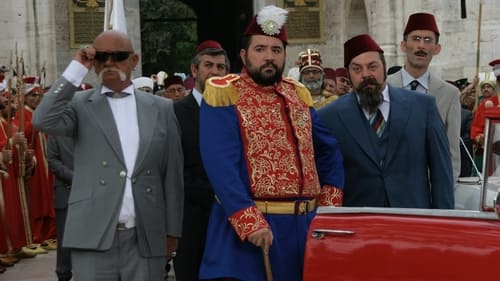
Başmabeynci İbrahim Paşa
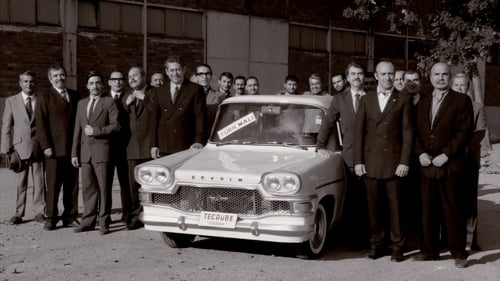
Hayati
In the years of military coup, Turkey was unable to produce its own cars. But Pasha believed that Turkish people can produce their own cars so he ordered 2 cars. Gunduz and engineers with him must produce 2 cars in only 130 days!
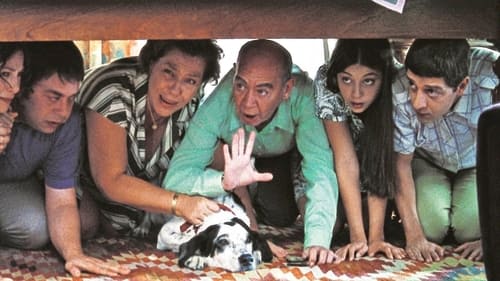
Ali
In an apartment building where neighbors, friends, and family are living in close quarters, three male protagonists encounter three phases of manhood in Turkish society. Directors Reha Erdem's light touch and slyly amusing style do not miss the opportunity to illuminate some serious points in a strictly patriarchal society.

Four 40-something friends are haunted by the violent past of a divided Cyprus. Temel wants desperately to speak about the crimes of vengeance he committed as a teenager. He would like to confess about the bodies buried in the muddy patch of a dried-up salt lake, but fear holds him back from even going there. Ali participates in Temel's UN projects aimed at defusing tension between Cyprus' Greek and Turkish communities....

Cashier
The film is set in present-day Istanbul. Selim is a shop owner in his early forties. He sells clothing for men in his shop situated in one of the back streets of Istanbul. Selim is a family man who has devoted his life to his home and his work. He lives with his wife Ayla, his six-year-old daughter Esma and his old father in a simple flat in and old, modest neighbourhood. He has warm relations with his family. He is an affectionate father. One of his neighbours, a young widow named Nihal tries to seduce Selim, but her flirtation leaves him cold. Selim is known for his honesty and integrity among his family and friends. He is a careful spender. As a little child, he has learned that money is not easily earned. He has no tolerance for petty "trickery" met in daily life. One day, Selim finds a bag full of dollar bills (approximately 500,000$) in a cab. From that day on, Selim finds himself in a bewildered state with a bag full of money on his hands.

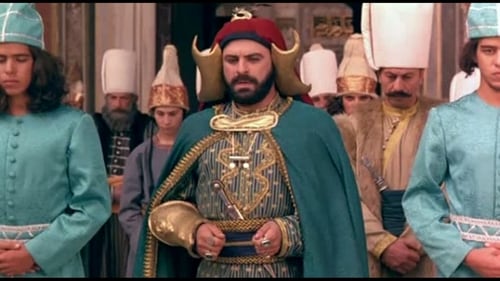
İmam
During the sea battle which took place between the Ottoman Empire and the Italians, a ship which had been seized in the Mediterranean Sea is brought to Istanbul, and a young wounded lady named Francesca, the daughter of the killed Captain, becomes a slave for Hezarfen Ahmet Celebi.

Tiyatrocu
Mavi Sürgün is a fictionalized account of one period of the life of a Turkish journalist who was condemned to exile for an article he wrote in 1925. He turned his punishment into a reward by creating a little paradise in what is today the holiday resort, Bodrum. In fact he is considered by some to be the first ecologist. The film concentrates on this latter aspect of his character and through flashbacks portrays the inner turmoil of a man who is trying to come to terms with his past. The slow pace is somewhat of a drawback, the flashbacks are often confusing and the protagonist is not always very convincing. But the photography of the country side is exceptional Kenan Ormanlar and the short appearance by a very theatrical Hanna Schygulla of Fassbinder fame adds a little spice to the drama.
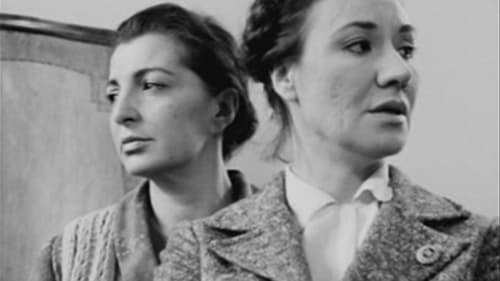
A young girl with a vivid imagination exasperates her grandparents when she begins communicating with the ghost of her mother.









